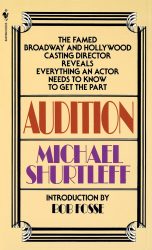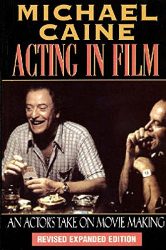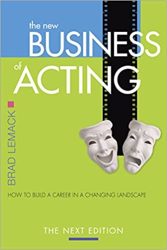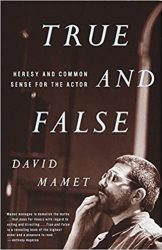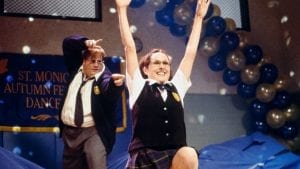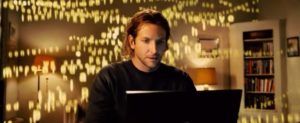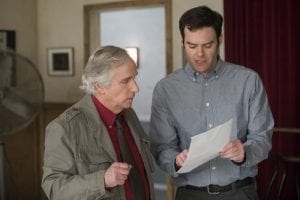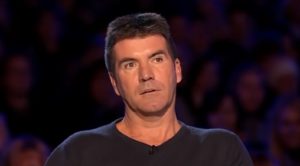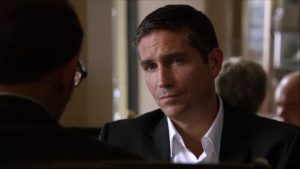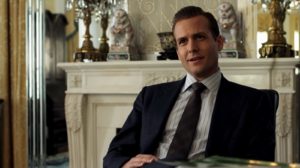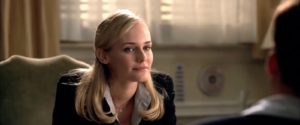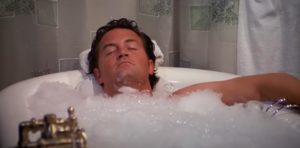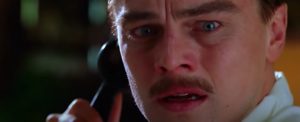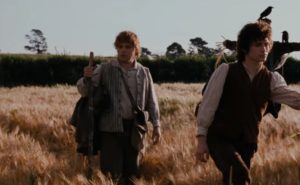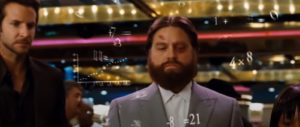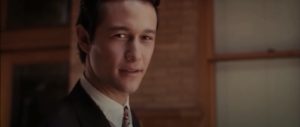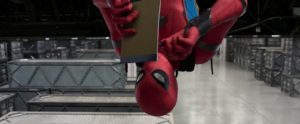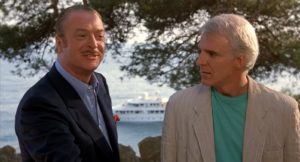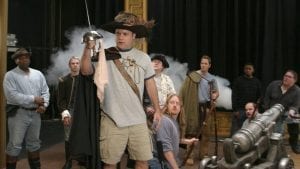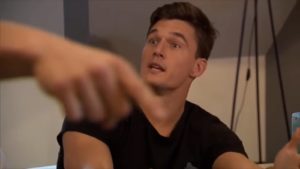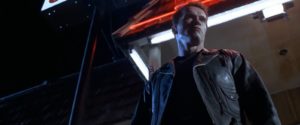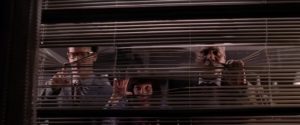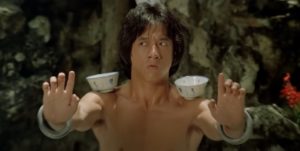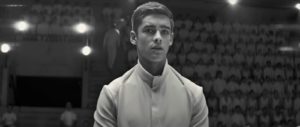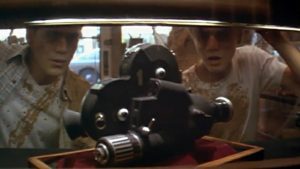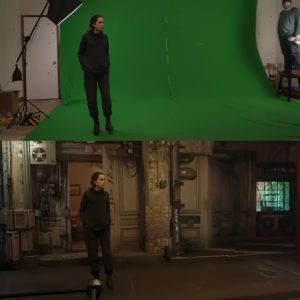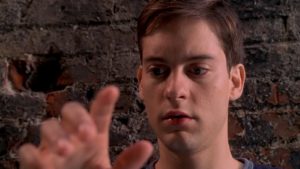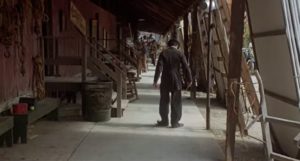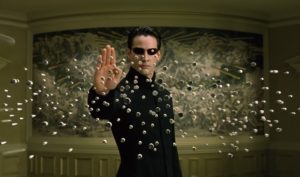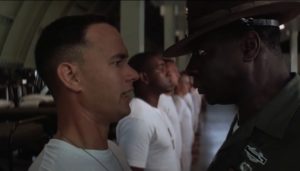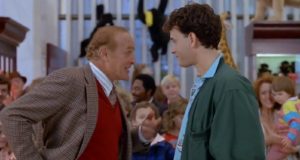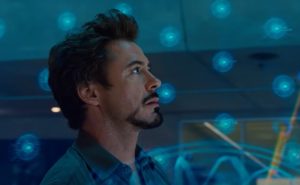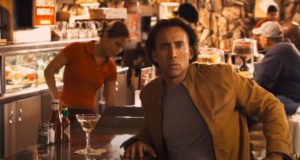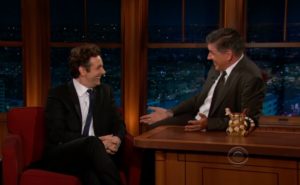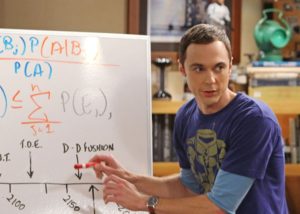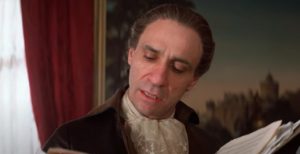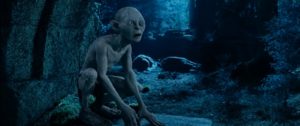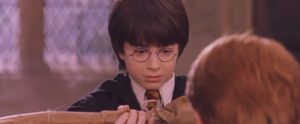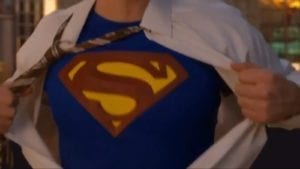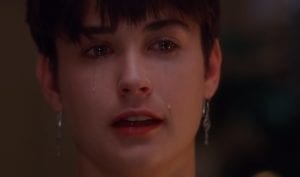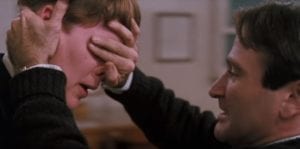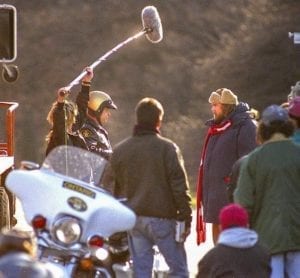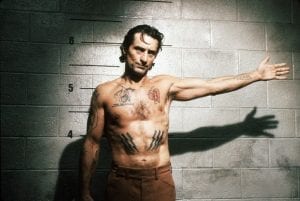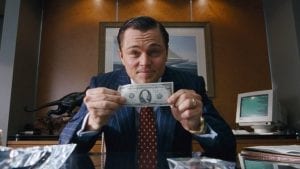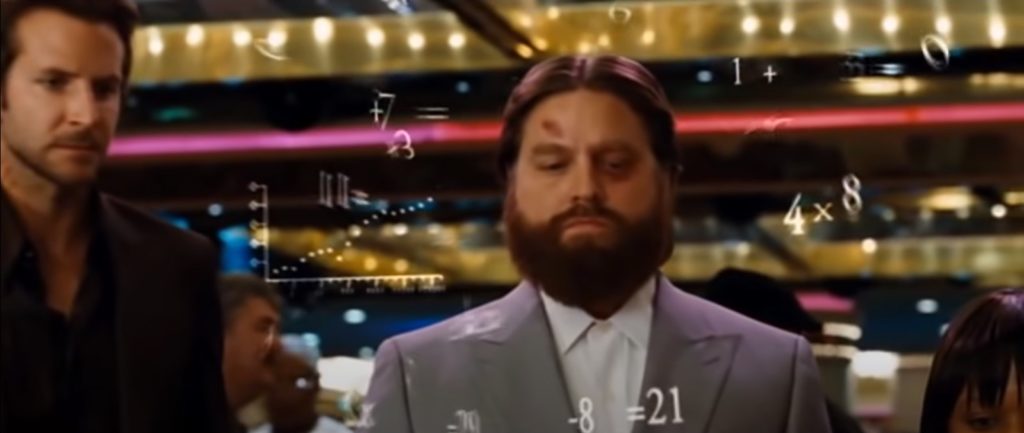
You prepared, you auditioned, and now… crickets! If you had gotten the part, you definitely would have heard back by now, right? So, why didn’t you get the role?
You might not have gotten the part since you didn’t fit the look the director was looking for, or the director cast someone they knew. Perhaps your resume was not on par with the competition. Maybe you weren’t in the zone, didn’t make strong enough choices, or weren’t directable on the day.
While some of the reasons may be totally beyond your control, others offer opportunities for improvement for your next auditions. Read on to discover which reasons you have control over and how you can refine your audition skills to increase your odds of getting the part next time.
1. You don’t look the part
This one is a bummer… Maybe you’re too tall, maybe your face is too round, perhaps they wanted someone older, and there may be really random and subjective look-based reasons as well, such as described by Oscar Winner Brie Larson in the video below. She talks about various roles that she auditioned for and did not get, and one of them was because, from looking at her, they felt she wouldn’t know how to carry a gun. Even though a gun was not even part of the audition.
As another example, Liam Neeson describes the story of how a casting director invited him to meet the director to be considered for the part of a giant in The Princess Bride (1987), only to have the director say he was too short at 6’4” to be a giant (the role ended up going to André René Roussimoff, also known as André The Giant).
It’s also possible that, although you look the part, your looks aren’t compatible with the looks of your costars. Maybe you don’t look enough like someone who is meant to play your family member, maybe you look too much like another cast member and it would be confusing for viewers, or maybe there’s an awkward height difference or age difference. For example, in the casting of the film Romeo + Juliet (1996), they seriously considered casting Natalie Portman as Juliet; she was 13 at the time, which is exactly the age Juliet is supposed to be in Shakespeare’s play. Here is what Natalie Portman looked like at that time:
However, Leonardo DiCaprio (shown below), who was to play Romeo, was 21, and during their screen test together they saw that Natalie Portman looked too young alongside him, making romantic interactions between them look just wrong.
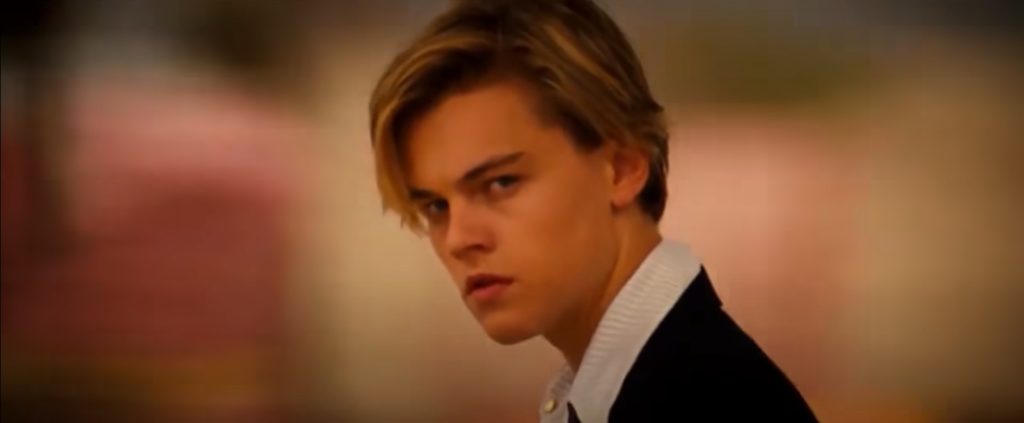
Here is how director Baz Luhrmann described the issue:
“Although she’s a fantastic young actor, she’s a tiny little girl and Leonardo’s six feet tall. He’s 21, but can look 18. She made him look all of 21, and it just became obscene.” – Baz Luhrmann (source)
Ultimately, 17-year-old Claire Danes was cast as Juliet.
Look-based reasons don’t have to be because your looks aren’t great. It could just be that someone else happened to have more fitting looks, for whatever reason. For example, here is what Christopher Knight said about how he was cast in The Brady Bunch when he was a child:
“I can’t say I was an actor at that point. I had only done commercials and had a hard time speaking. I was very hyperactive and everything came out at once. Nonetheless, Sherwood was looking to put together a family that resembled one another. I was put in the group with Robert. I was cast because I looked like I could be his son.” – Christopher Knight (source)
There are also look-based reasons that could have nothing to do with the film. For example, maybe you remind the director of someone they know and consequently, they just cannot see you in this role, or maybe it’s the opposite. Maybe you don’t remind them of anyone, whereas another actor reminds them of someone who makes them feel that that actor would be a great fit for the role. In any case, these things are outside of your control. What you can do is keep auditioning and hope to either change the casting director’s mind or impress them enough so that they ask you to come back for other auditions.
Also, just because one casting director thinks something doesn’t mean that they all will. As inspiration, consider the story of Jean-Paul Belmondo, who was originally considered “too ugly” for romantic lead roles (source), and yet later ended up being one of France’s top film stars of all time. As another example, Meryl Streep was once deemed by the producer of King Kong (1976) to be too ugly to be cast in it. Since then, Meryl Streep won three Oscars and has even been described as the best actress of her generation.
2. The director cast someone they had already worked with
Directors like to work with people they know will be directable, act professionally on set, and ultimately deliver an outstanding performance… And honestly, who can blame them? The film industry is a tough business, and a little bit of certainty certainly doesn’t hurt anyone. Here’s what David Cronenberg said about how he decided to cast Viggo Mortensen:
“After our experience on A History of Violence, I wanted to work with him again. In reading the script, I immediately thought of him.” – David Cronenberg (source)
In some cases, directors work with the same actors many times; you can see quite a few examples here: https://screenrant.com/famous-directors-recycled-casts/ For example, Martin Scorsese has made a lot of films together with Robert De Niro, and in the video below he explains that he really likes Robert De Niro’s versatility and how he provides lots of possible choices for how lines can be delivered.
There have been two times in my life where I have been booked for roles without having to audition. The first time was for Supergirl, and that part was given to me based on a casting director’s recommendation. It was a small part but, even still, getting a phone call from your agent saying a casting director wants to give you a part is amazing. The casting director thought of me because they had seen me in so many previous auditions, I fit the part and, because of how prepared I was for my auditions, they felt comfortable recommending me without having to see anyone else.
The second time was with Ubisoft. I’d worked with Ubisoft in the past doing voice work for a video game, and I always came in very well prepared to the point where they would bring up the fact that it seems like I had memorized 100 pages whereas no one else had made an effort. You see, in voice work it’s very easy to just show up and read, but I always read it several times beforehand so I can come prepared with character choices. Well, I guess that made an impression because a year later they simply just asked if I wanted to do a part without having me audition or anything, because they trusted in my ability to come prepared.
So, until you can be the person that the director chooses because they’ve worked with you before, come prepared for your audition, impress the casting director, and start building a relationship of trust with them.
3. Your resume was not on par with your competition
Your audition is only one aspect of the casting decision: your previous acting experience will also be taken into consideration when establishing whether you are suitable for the part. If there is another actor with a more extensive resume than you, that might be what tips the scales in their favour. For example, when choosing an actor for the leading role in 24, they originally cast Richard Burgi, but the network wanted a more famous actor so they ended up casting Kiefer Sutherland instead (source). Additionally, sometimes actors are cast because they’ve played a similar part in other projects.
This factor is more or less in your control: there will often be someone with more experience than you auditioning for the same part. What you can do is keep building your resume with quality projects that will give you credibility. One day, this might be what gives you an edge over the others. If you want to see examples of actors’ resumes to help you build your own, read our article on how to find real examples of actors’ resumes.
However, if you’re not well known, know that this can also work in your favour, because sometimes they want an actor who is not well known to the audience. For example,
- When Steven Spielberg cast Matt Damon in Saving Private Ryan (1998), he “wanted an unknown actor with an All-American look” (source).
- Similarly, Matt Weiner also wanted mostly unknown actors for the cast of Mad Men (source).
- Additionally, Tom Jones did not get cast as James Bond because he was too famous (source).
Therefore, audition without worrying about whether you are famous or not. Sometimes that may be exactly what they need.
4. You weren’t in the zone during your audition
Either you let your nerves get the best of you, or you had something on your mind that prevented you from delivering the performance of a lifetime. For example, Aaron Paul once came into an audition feeling really prepared, and really liking his monologue, but before he began his audition he was unexpectedly asked to retell a certain embarrassing story, and that made him lose his train of thought and forget all his lines. You can see him describing the situation in the video below:
Another example is when Henry Cavill got super nervous when he had to audition in front of Sir Patrick Stewart. Fortunately, after he told his agent about the experience, his agent was able to get him to be able to come back for a second chance later and, although he still didn’t get the part later, he did a much better performance the second time around. You can see him recounting the experience in the video below:
There have been a few times in my career where I came into an audition room and I just wasn’t in the right headspace. When I auditioned for The Chronicles of Riddick (2004) for a major role, I got so in my head, I thought that this would be my big break and if I didn’t get this I wouldn’t have an opportunity like this again. As a result I walked in and, halfway through my audition, I forgot my lines. It wasn’t the end of the world, but we had to do the take several times, and I started thinking more about remembering my lines than giving a performance.
You need to be able to take a moment and reset before stepping into the audition room. If you find yourself not being able to focus before your audition… turn off your phone, sit down, and do breathing exercises to clear your mind. Once you get called in, smile and enter the room with confidence.
And, if it is the nerves that got the best of you, practice your audition in front of people! Practicing with the added stress of being watched is the best thing you can do when preparing for an audition. It will allow you to rehearse while nervous so that when you arrive in the audition room, you know you can give a good performance even with the added nerves.
5. You didn’t make strong enough choices
There will be tons of other actors who will go into the audition room and give more or less the same performance. They’re going to deliver the lines similarly, and use a similar voice, similar gestures…
For example, in the video below, Ed O’Neill says that, although he was not originally a preferred choice for the role, he managed to stand out in the audition because he did something different from most of the other actors who auditioned. He still made the scene comedic, but he gave them a comedic interpretation they had not heard before. He ended up getting the part.
Your job is to dig deep into the script and make a strong choice that will stand out while still making sense. You can see Emmy-winning casting director Robert Sterne, who was the casting director for shows such as The Crown, describe this idea in the video below:
Casting directors want to see that you are confident enough in your acting abilities to make a strong choice and that you can be redirected from there. Speaking of being directed…
6. You weren’t directable on the day
If you got a redirect during your audition, rejoice! The director saw something in you and wanted to either test how well you can think on your feet or see if you can deliver it in the way they are imagining. You have to make the most out of this redirect, or they might feel that you are not directable. The want to see how easy it would be for the director to work with you. They want an actor who is both prepared and able to make adjustments on demand, as described by casting director Lucy Bevan in the video below:
When I went to audition for Star Trek, that issue was the challenge. The casting director and I have a good relationship, but I wasn’t giving the performance they wanted, and we ended up doing it 10 or 12 times. Each time it wasn’t exactly what she needed, and ultimately we ended up giving up.
On the flip side of the scenario, I was auditioning for a part in a film that ultimately didn’t end up getting produced, but I remember having an amazing audition. The director had me come in for an initial audition and liked to throw out redirects as the audition was happening, while the camera was recording. My ability to, in the moment, completely change without any preparation was something that impressed him so much he asked me to come back that evening and audition for the producers. That audition also went great and I got the part.
Want to know how I now prepare for redirects? When I practice for an audition, I first come up with a strong choice that will guide my initial performance. Then, I’ll try to throw myself some redirects: I will try to do the scene five to ten different times with five to ten other emotions. This way, when the audition day comes, I’ll feel confident in my ability to approach the script with a different emotion. I won’t be entrenched in the way that I practiced my audition. Ask a fellow actor to give you those redirects and give you feedback on your performance. For more acting exercises to help you be both prepared and flexible in your performance, check out this article: https://theactorsplace.org/acting-exercises/
So there you have it! These are the six most common reasons you didn’t get the part.
Conclusion
While there are things you can’t control, such as your looks, the director wanting to work with someone they know, and competing against actors with more extensive experience than you have, there are some things you can do to improve your chances of getting the part next time. These include making sure you are in the right mindset in the audition room, coming prepared with solid choices, and being flexible enough to be redirected.
If you want more tips on how to ace your next audition, check out these articles: Audition Tips for Actors by Accomplished Actors, Self-Introduction for Acting Auditions, and How to Prepare for a One-Line Audition.
